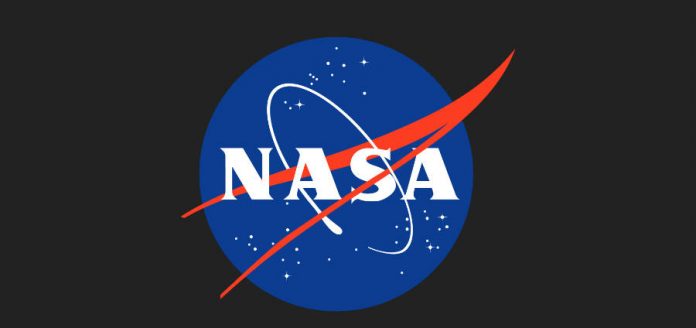
NASA’S Dwayne Brown announced most of the agency’s research would be available on a new public access portal called SpacePub. Nasa dropped the news on its official website on August 16. It seems NASA is committing to a new open access era, and publishing almost all of its scientific data online would be a solid first step.
PubSpace is the new public access portal created by the governmental space agency. The website is an open access archive that contains original NASA science articles.
Open Access means anyone can access the data without having to purchase the investigation previously. The data on PubSpace will be available for reading, analysis, and download within one year of publication. So far, the website only has 861 research articles in its database.
Blogpost about NASA's awesome new federally funded research portal. https://t.co/6LzNzB0434 @ellenstofan pic.twitter.com/ilEyFgY6WF
— openNASA (@openNASA) August 16, 2016
The White House is behind the SpacePub
NASA’s new policy was prompted by a request issued by the White House in 2013. The Office of Science and Technology Policy, which directs major science-funding agencies, urged researchers to increase the public access to results of publicly funded research.
Research uploaded at PubSpace will include all type of studies. The available content on the website features studies about exercises routines, maintaining health during long-duration space missions, the prospects for life on Titan, to the risk of miscarriage for flight attendants exposed to cosmic radiation.
NASA will keep consulting the scientific community, publishers, and institutions to maximize the access to research results
NASA changes its ways to adopt Open Access policies
The agency will change its research policies in 2016. From now on, NASA-funded authors and co-authors are obliged to deposit copies of their peer-reviewed scientific publications and its data on PubSpace. Research regarding patents, personal privacy topics, export control, proprietary restriction, or national security issues will not be undisclosed on the website.
The open access trend on scientific investigations is growing by the day. Due to the high publishers’ prices, researchers are switching to the Internet. Papers are being published directly on the net to avoid the monopoly on most academic publishings. Open access is also said to promote new investigation by giving other scientists a starting point.
SpacePub provides a win-win scenario for both NASA and the users
The website will benefit NASA and its users at the same time. By publishing its papers online for free, the agency encourages scientists and enthusiast on developing them. In other words, the researchers get free data, and the organization gets free “staff.”
“This’ll be the first time that NASA’s had all of their publications in one place, so we estimate what our publication rate is for the agency, but this will actually be able to tell us what it is…And we’ll be able to show even further what we’re doing with taxpayer dollars,” Said NASA’s Deputy Chief Scientist, Gale Allen during an interview with FedScoop’s Samantha Ehlinger.
Source: NASA











